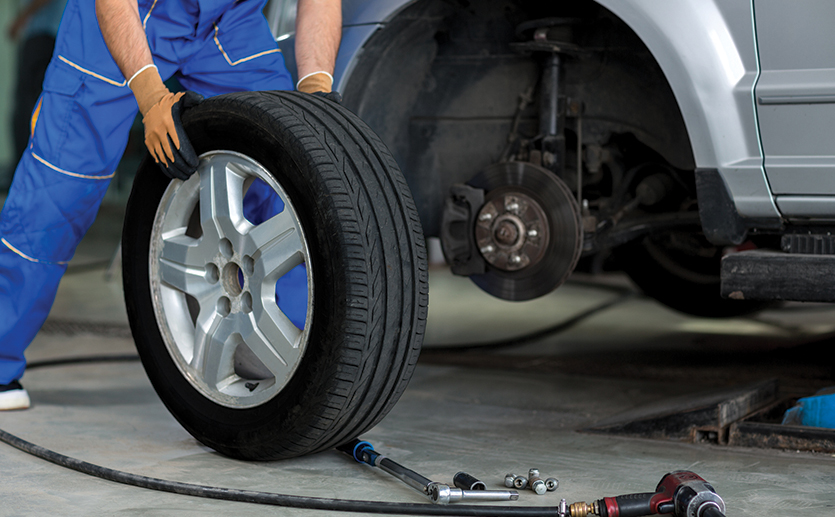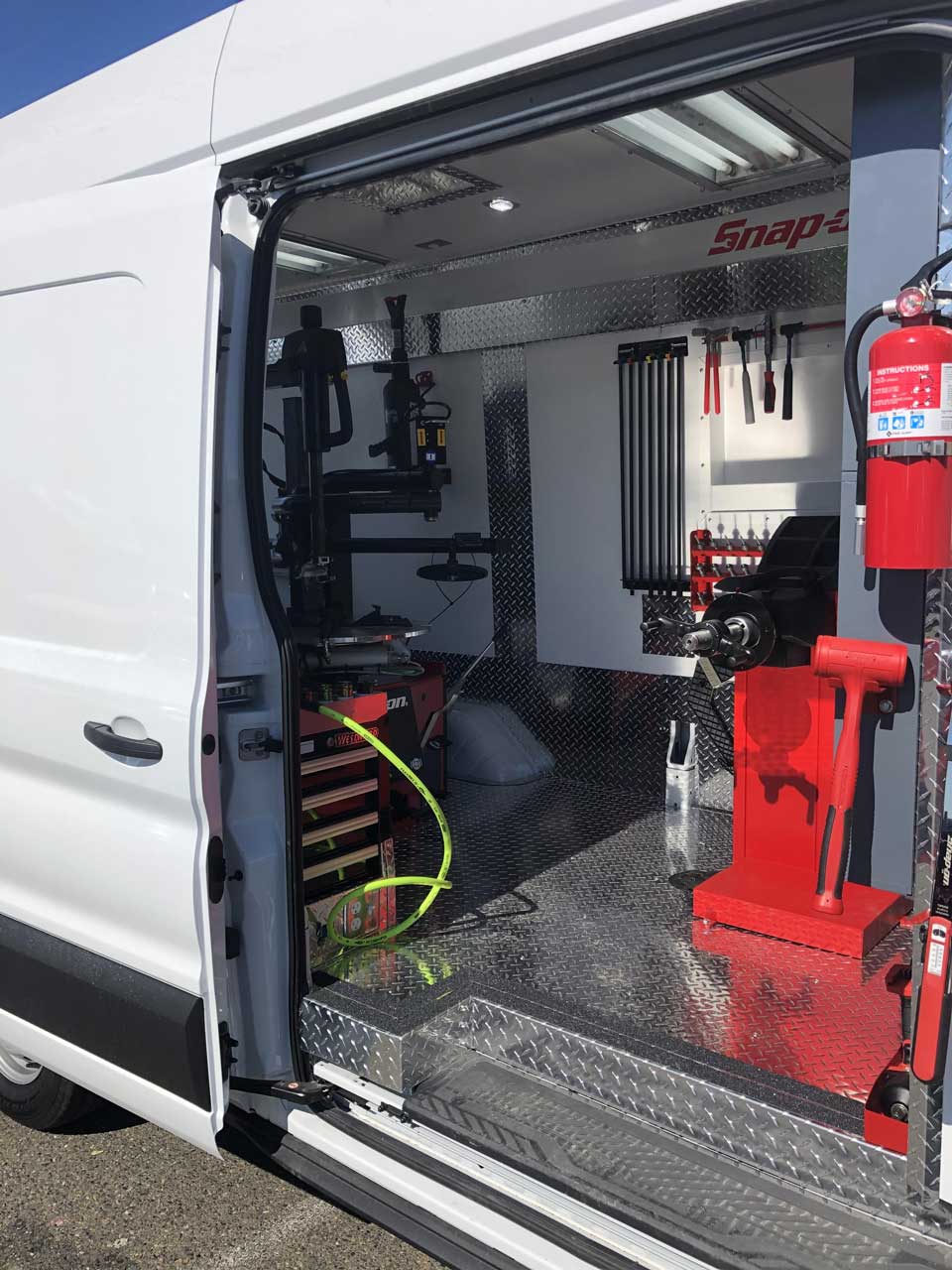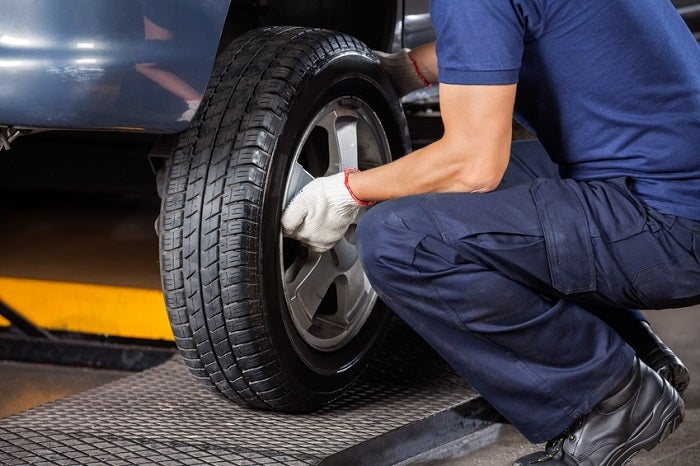Elevate Your Experience: Count On Morris Tires for GMC Tires Service
Elevate Your Experience: Count On Morris Tires for GMC Tires Service
Blog Article
Tire Solution: The Effect of Climate Condition
When it concerns ensuring ideal performance and safety and security when driving, comprehending the effect of weather problems on tire service is essential. From scorching heat to icy roadways, each climate element can considerably affect tire capability and overall driving experience. By delving right into the impacts of varying climate condition on tires, motorists can acquire beneficial insights that might enhance their car's performance and durability. In this conversation, we will explore the complex relationship between weather and tire solution, dropping light on the relevance of weather-specific tire maintenance techniques and factors to consider.
Warm and Tire Performance
When subjected to high temperature levels, tires experience modifications in efficiency that can substantially impact vehicle safety and security and handling. The heat produced from prolonged driving or heat conditions triggers the tire rubber to soften, leading to decreased walk life and enhanced wear. As the rubber comes to be softer, the tire's grip on the road diminishes, affecting braking distances and general grip. In severe situations, excessive warmth can also cause tire blowouts, posturing an extreme safety risk to the automobile and its owners.

Winter Impacts
Cold weather problems can have a considerable influence on tire performance and security. As temperatures decline, tire rubber can harden, causing decreased grip on icy or snow-covered roads. In cold climate, tires may likewise shed atmospheric pressure extra rapidly, which can impact handling and fuel effectiveness. In addition, cold temperature levels can cause tire sidewalls to stiffen, raising the danger of damages from craters or other roadway risks.
To reduce the effects of winter on tires, it is important to frequently check tire stress and inflate them to the supplier's suggested degrees. Using wintertime or all-season tires created for cool climate problems can also improve traction and grasp on icy or snowy roadways. Proper tire upkeep, including normal assessments for wear and damage, comes to be much more important throughout cooler months to ensure ideal performance and safety and security.
Rainy Conditions Effect
Tires with damaged footsteps are extra prone to hydroplaning, where a layer of water builds up in between the tire and the roadway surface area, leading to loss of grip. To combat this, vehicle drivers must consistently examine their tires for adequate walk depth and think about spending in tires specifically made for wet conditions.
Additionally, stormy weather condition can also he has a good point lower visibility, making it testing for drivers to see the road ahead clearly (GMC Tire Service). In such conditions, it is important to adjust driving rates accordingly and keep a risk-free complying with range to permit sudden quits. Properly filled with air tires can also assist in preserving control on damp roadways by offering much better handling and grip
Snow and Tire Safety
Snow-covered roadways pose one-of-a-kind challenges for vehicle drivers, emphasizing the significance of correct tire selection and maintenance. When driving in snowy problems, having the best tires can make a significant distinction in safety and efficiency. Wintertime tires are made with special rubber substances and walk patterns to offer much better traction on snow and ice compared to all-season tires. The deeper footsteps and sipes of wintertime tires aid grasp the road much better, lowering the danger of sliding and sliding.

It is important to follow manufacturer directions when mounting and utilizing tire chains to avoid click for more info damage to the tires and vehicle. By picking the right tires, maintaining appropriate inflation, and considering additional traction help like tire chains, motorists can enhance their security when navigating snow-covered roadways.
Weather-Related Tire Maintenance
When confronted with different climate condition, proper tire upkeep comes to be an important facet of lorry safety and performance. Weather-related tire maintenance encompasses a series of methods targeted at guaranteeing ideal tire feature and durability in different weather condition circumstances. One key element of weather-related tire maintenance is tire stress guideline. Rising and fall temperature levels can trigger tire pressure to vary, impacting traction and fuel effectiveness. Routinely changing and examining tire stress according to producer recommendations is vital for secure driving in changing climate condition. Furthermore, tire walk deepness plays a considerable function in handling various weather condition components. Tires with ample walk depth provide much better grasp on damp or icy roadways, reducing the threat of skidding or hydroplaning. Examining tire tread regularly and changing tires when step wear gets to a specific deepness is important for keeping grip and security in adverse climate. By focusing on weather-related tire upkeep, chauffeurs can enhance safety and security, boost automobile performance, and prolong the lifespan of their tires.
Verdict
In verdict, climate condition have a substantial impact on tire efficiency and security. From heat impacting tire pressure and wear to cool weather condition reducing grip, it is important to consider the weather condition when keeping and making use of tires. Rainy conditions can lower hold and lead to hydroplaning, while snow can boost the risk of mishaps if tires are not correctly equipped. Weather-related tire upkeep is essential in ensuring optimal efficiency and safety on the roadways.
In this discussion, we will discover the complex connection in between climate problems and tire service, losing light on the relevance of weather-specific tire maintenance techniques and factors to consider.

Report this page